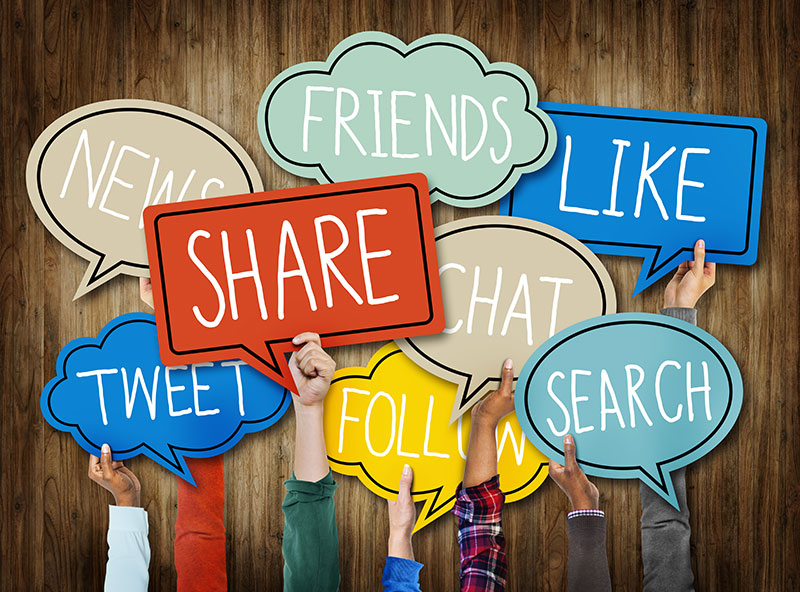Articles by Elise Joy Middleton, PsyD, MACL
Dr. Elise Middleton graduated in 2015 with her doctoral degree in clinical psychology from Fuller Theological Seminary in Pasadena, California. While in graduate school, Elise completed her dissertation entitled The Therapeutic Action of Grief and Mourning: A Psychoanalytic Understanding of Grieving the Loss of God. Following graduation, she completed her post-doctoral fellowship at the UCSF Infant-Parent Program, providing in-home therapy to at-risk infants and their families. Dr. Middleton currently works at the Early Childhood Mental Health Program, where she serves children ages 0-5 and their families; utilizing dyadic and individual therapies as well as case management. Elise is a community member at San Francisco Center for Psychoanalysis and has been named a 2017 Division 39 scholar.

by Elise Joy Middleton, PsyD, MACL | Mar 23, 2022 | Clinical Corner
The millennial generation, born roughly between 1980 and 2000, is a generation categorized by the digital age. An overwhelming majority owns a computer, a smartphone and uses the internet daily. Coined “digital natives,” millennials are a generation raised on using social media as a primary way to communicate and express oneself. This is the generation that is now entering into the field of psychotherapy.
The social media obsession has significant implications for this generation of psychologists, both relationally and professionally. We are entering into the field with a perspective of the world much different than our predecessors. We deal with public exposure in a way that has not yet been faced. There can be some harmful consequences of our lives being so public. As we enter into this field, we must be thoughtful about our social media use and the implications it has for both our work as therapists and in our personal lives.

by Elise Joy Middleton, PsyD, MACL | Nov 20, 2017 | Behavioral Health Topics
Social Media is a significant part of life in modern America. Facebook, Instagram, Twitter, Snapchat, and other social media platforms dominate the lives of individuals across the country. This wave of social media obsession has reached an all time high, with the surge occurring within the last ten years.
There are many positive things to be said about some aspects of the prevalence of social media; one is that it allows individuals to remain informed on the goings-on in the lives of friends and family. It also allows us to communicate instantly with others thousands of miles away and keep abreast with culture and world events. It is fast-paced, worldwide and convenient.
For all of the good aspects of social media, however, there are some major concerns, particularly regarding its connection to mental illness. While social media is a means to connect with others, it also can be a means to push us towards isolation. The perceived connection we experience through social media may instead be pushing us toward depression. In contrast to true connection, social media encourages us to act out of a “false self”, or a self that only engages the positive aspects of ourselves. This is due to the fact that connection through social media is often out of a place of filtered life, not out of true intimacy.

by Elise Joy Middleton, PsyD, MACL | Nov 14, 2016 | Behavioral Health Topics
The practice of Clinical Psychology looks deeply at people’s motives, feelings, thoughts and actions in hopes of providing them relief from distress. It is a profession that requires deep empathy for humanity’s struggles to help bring about change. The field is one that requires significant training, education as well as mental and emotional strength.
As clinical psychologists, we work with clients of all ages facing countless challenges. Our clients come from all walks of life and social groups, representing the larger American society.
In providing mental health treatment, we are addressing topics that impact humanity as a whole; including violence, trauma, loss, grief, politics – the list goes on.
The impact of psychotherapy is enormous and touches individuals, families, and society. Despite all of this, we are in a profession that is paid drastically less than other fields with the same level of education.




